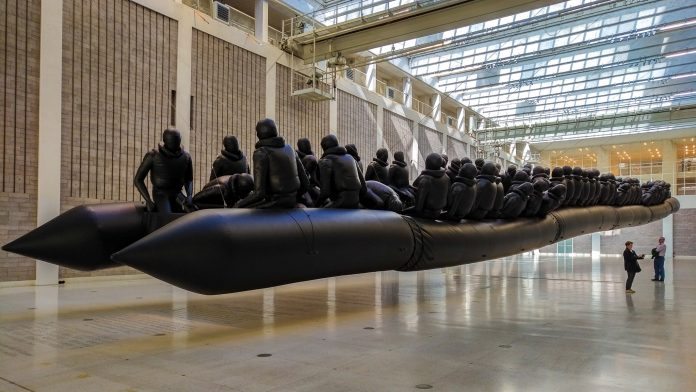To break a two-year deadlock over reforming asylum rules, European Union interior ministers met on June 5 – with a deadline looming and pressure from Italy’s new populist leaders.
Bulgaria was set to present its new compromise proposals on how to close an east-west rift over the reforms before the summit in Brussels at the end of the month. The June 28-29 summit marks the end of Sofia’s six months holding the European Union’s rotating presidency and also coincides with the expected start of increased migrant sea crossings as the weather improves.
As reported by the Agence France-Presse (AFP), Italy’s new populist coalition government has denounced the draft reforms.
“Italy and Sicily cannot be Europe’s refugee camp,” said Italy’s new interior minister, Matteo Salvini, on June 3 during a visit to Sicily’s port of Pozzallo, a migrant landing point. The reforms, he said, condemn Italy and other Mediterranean countries to continue bearing the burden of an unprecedented migration crisis for the 28-nation bloc, which peaked in 2015.
EU leaders in December set an end-of-June deadline for an overhaul of the so-called Dublin rules to create a permanent mechanism to deal with migrants in the event of a new emergency.
According to documents seen by AFP, Bulgaria is calling for “alleviating [the] burden from the front-line” states like Italy and “curbing secondary movements” of asylum seekers who land in one EU country and travel to another. Eastern countries place a priority on stopping secondary movements, which caused so much chaos in recent years that countries in Europe’s passport-free Schengen zone re-established border checks.
According to DW, the Bulgarian proposal would make front-line states “responsible” to register arrivals. It would also speed up procedures to determine which countries must process genuine asylum seekers or expel those who are not.

